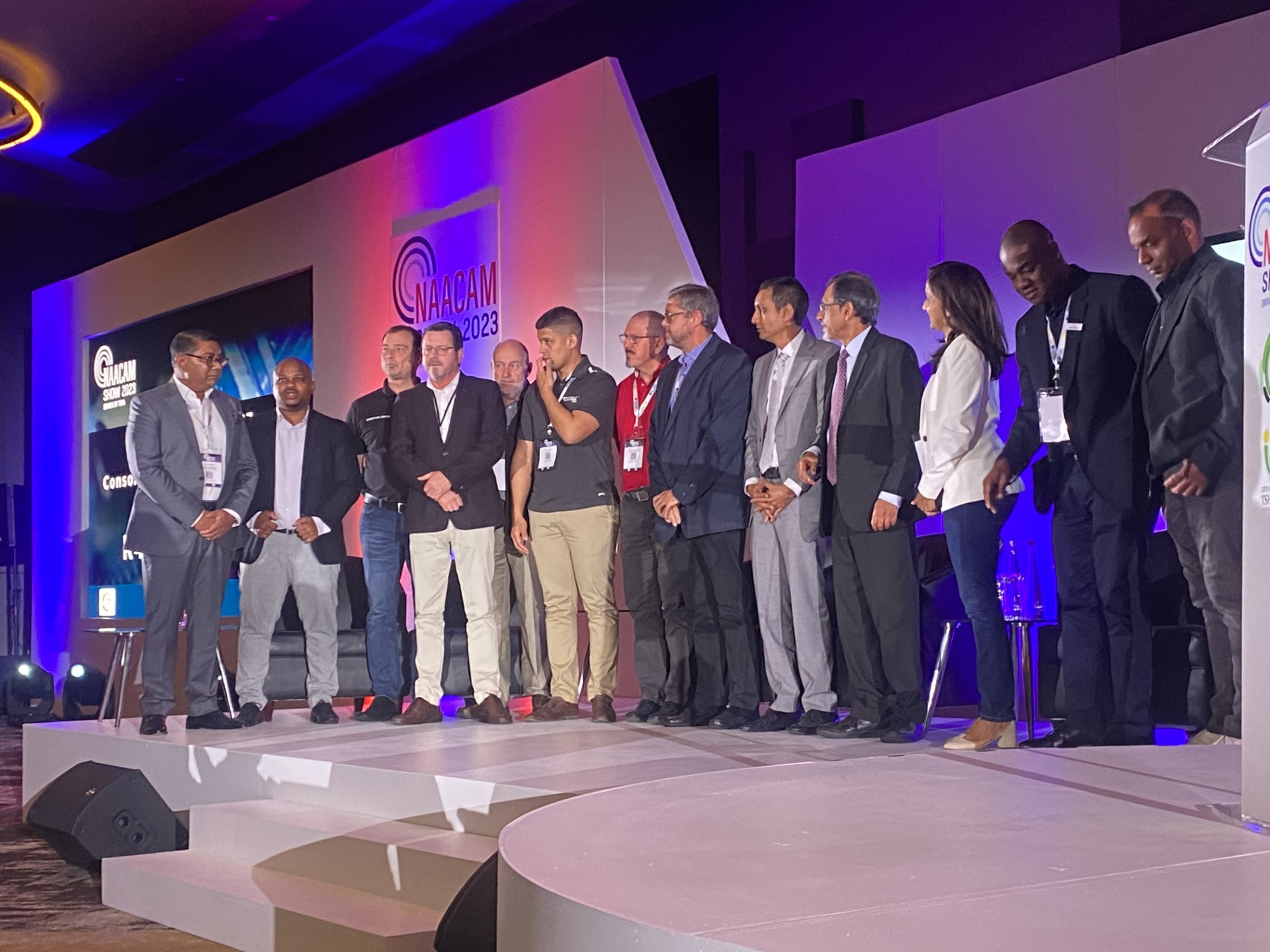More than R4,8-billion in investment pledges were made on the opening day of the NAACAM 2023 Show in Pretoria, confirming increasing support and confidence in the automotive component and allied manufacturing industry.
The Executive Director of the National Association of Automotive Component and Allied Manufacurers (NAACAM), Renai Moothilal confirmed 16 exhibitors had pledged the investment and Trade and Industry Minister Ebrahim Patel, who delivered a keynote address at the event says “investment is the lifeblood of growth”.
He continued: “When you think about it, so much of our preoccupation is to expand the economy, get more jobs, get more taxes so that we can build hospitals and schools and universities and so on. But all of that, the magic of it is investment. And every time investment is, done, it's someone's money that is deployed and it's not an act of charity.
Expectation of Return
“It's a commercial decision. It's on an expectation of a return. And so our job as government is to try to create the environment where people are more and more confident to put more and more money on the table that grows more and more output, more factories, more jobs for young people and more opportunities in an economy.
“For that kind of complexity that I spoke of earlier that represents industrial development. And so I'm particularly pleased we have the pledges here today. I think this is a strong vote of confidence by component makers.”
 However, he did add the Government hoped to complete the roadmap to New Energy Vehicle transforamtion would be completed before the “end of the adminstration” ahead of next year’s elections – pushing this back from the earlier February 2024 deadline.
However, he did add the Government hoped to complete the roadmap to New Energy Vehicle transforamtion would be completed before the “end of the adminstration” ahead of next year’s elections – pushing this back from the earlier February 2024 deadline.
He pointed out the future face of automotive manufacturing would change dramatically with increasing emphasis on robotics and other technologies.
Profound Impact
“There will be a profound impact on component manufacturing along with a reduction of the actual number of components in motor cars,” he said. “Growth has to focus on future proofing and growing a supply chain that is not committed to internal combustion engine vehicles.
“We, as government, are taking our time to make sure when we get a plan on the table it is sustainable.”
The current status shows around 40% of the components of motor cars is locally produced and Andile Africa, Chief Executive Officer of the Automotive Industry Development Centre (AIDC) said this meant there were few graduation opportunities.
“We would like to see local content move up to 60%, which will create a 20% space in the market to graduate new players and entrepreneurs into the component manufacturing and supply chain and it is important the current Tier 1 suppliers do not look on the ‘graduates’ as opposition, but rather as allies.”
Africa Showcase
Looking ahead to the continent’s biggest automotive showcase at the Intra Africa Trade Fair being held in Cairo in November, Bosch’s Markus Thill said the broad view in terms of component manufacturers was Battery Electric Vehicles (BEV) will not be a massive influence in Africa, so opportunities for the component industry remain on other levels including ongoing production of catalytic converters.
“As more vehicles start to get produced in Africa, it will make it easier for component manufacturers to be both profitable and competitive on a global basis.”
Group Strategic Advisor for Policies, Political Affairs and External Relations, Africa for Nissan, Mike Whitfield said Africa was very much part of the future.
“We are working with African governments to put systems in place along with infrastructure. Not every country can support full production plants for cars so the component manufacturers are vital in the total value chain.”
The Cairo showcase will see a large South African contingent exhibiting at the event, which all bodes well for a growing economy.
Colin Windell – proudly CHANGECARS











